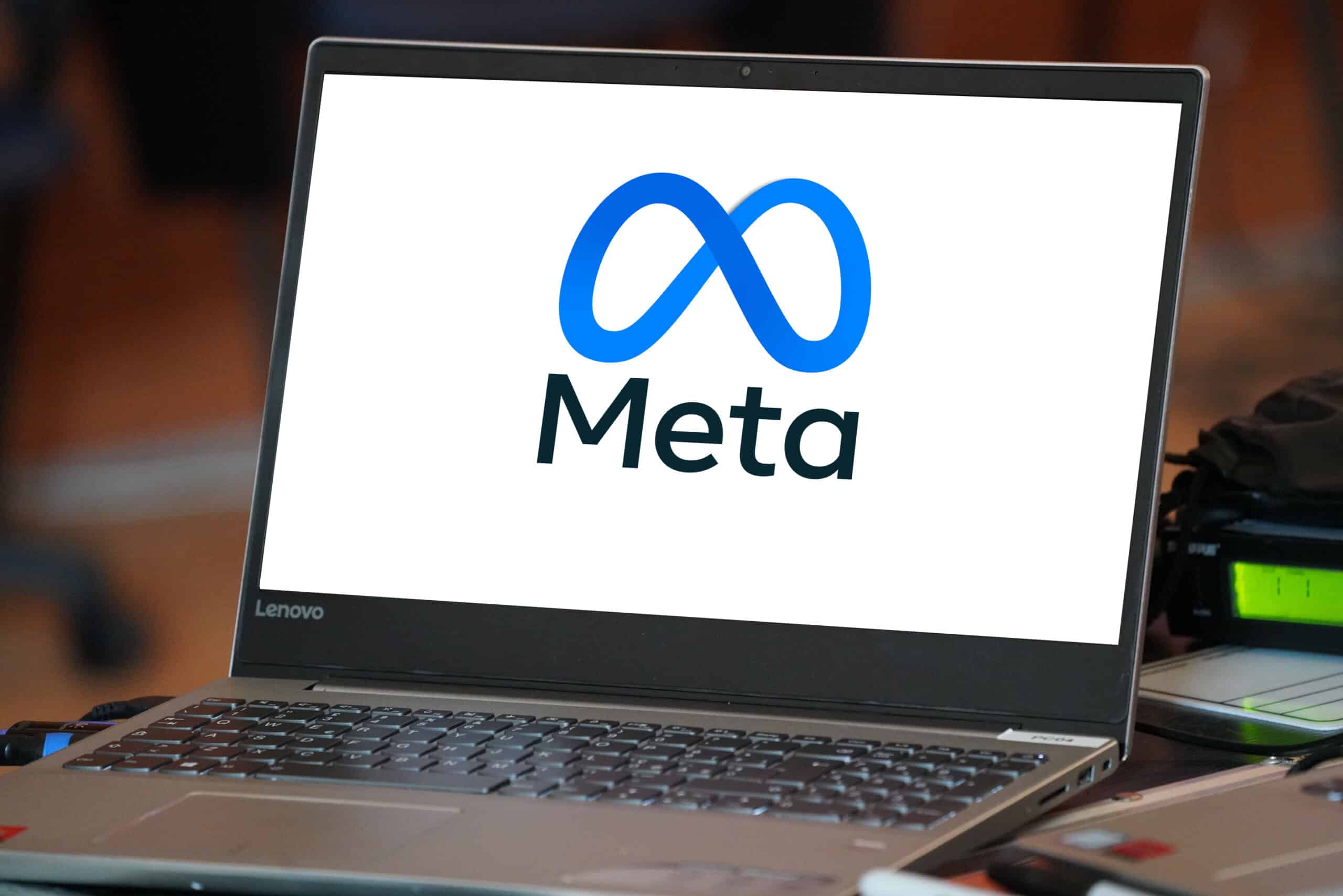Brussels – After X and TikTok, it is Meta’s turn. The European Commission today (April 30) opened formal proceedings under the Digital Services Act (DSA) to assess whether the Facebook and Instagram provider may have breached the Digital Services Act, which entered into full force on February 17, particularly for policies and practices related to misleading advertising and political content. The suspected infringements also regard the non-availability of an effective third-party real-time election-monitoring tool ahead of the June 6-9 European elections.
The Commission said in a statement that proceedings focus on four areas. First on deceptive advertising and misinformation, since the Commission suspects that Meta is not aligning with obligations to counter disinformation campaigns and coordinated inauthentic behavior, the proliferation of which “may present a risk to civic discourse, electoral processes, and fundamental rights, as well as consumer protection.” Then there is the issue of the political content approach that demotes political content in the recommender systems of Instagram and Facebook, and this may not comply with Digital Services Act obligations: “The investigation will focus on the compatibility of this policy with the transparency and user redress obligations.”
 The third area of investigation is the mechanism to flag illegal content, the so-called ‘notice and action mechanism’ that allows users to report the presence of illegal content on its services. The Commission suspects that the requirements, by which this mechanism must be easy to access and user-friendly, are not met. It also suspects that Meta has not put in place an effective internal complaint-handling system to lodge complaints against content moderation decisions taken.
The third area of investigation is the mechanism to flag illegal content, the so-called ‘notice and action mechanism’ that allows users to report the presence of illegal content on its services. The Commission suspects that the requirements, by which this mechanism must be easy to access and user-friendly, are not met. It also suspects that Meta has not put in place an effective internal complaint-handling system to lodge complaints against content moderation decisions taken.
Finally, the non-availability of an “effective real-time monitoring tool” of civic discourse and elections by third parties ahead of the upcoming European and national votes in EU member states. “Meta is in the process of deprecating “CrowdTangle”, a public insights tool that enables real-time election-monitoring by researchers, journalists, and civil society, including through live visual dashboards, without an adequate replacement,” the Commission warns, reminding that “access to such tools should instead be expanded.” The suspicion is that Meta “has failed to diligently assess and adequately mitigate the risks” in this regard, considering the reach of the Facebook and Instagram platforms in the EU (over 250 million monthly active users) and that the ability to track misinformation and error, identify interference and overall real-time transparency, could be undermined.
At this point, the Commission services will continue to gather evidence on these four areas of potential breach of the Digital Services Act, with further requests for information, interviews, and inspections. In parallel, it may take interim measures and non-compliance decisions. “The initiation of formal proceedings does not prejudge their outcome,” the Commission points out, noting that the DSA does not set any legal deadline for the conclusion of formal proceedings. The length of the investigation may depend on factors such as the complexity of the case and the extent to which Meta, will also cooperate with commitments to remedy the issues in the proceedings. If we suspect a violation of the rules, we act. This is true at all times, but especially in times of democratic elections,” EU Commission President Ursula Von der Leyen said. Since coming into force at the end of last year, since August 25, Meta has been on the list of 19 digital platforms that must comply with obligations provided for in the Digital Services Act.
English version by the Translation Service of Withub






